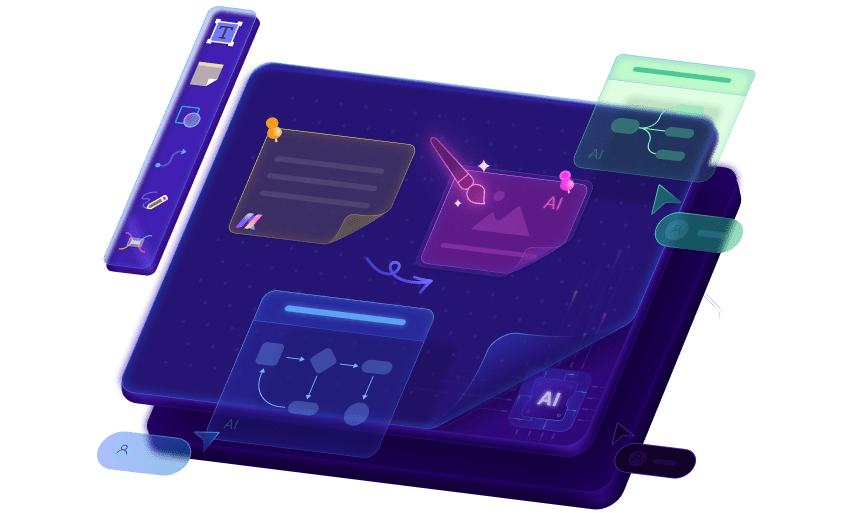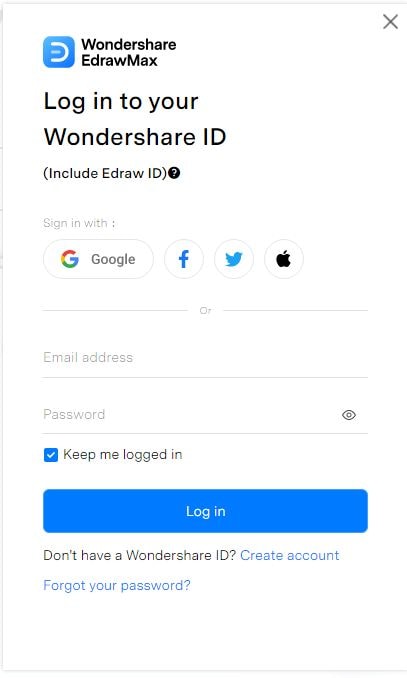After testing various AI tools for research, I've found AI can make it less of a slog. It can scan through piles of studies, highlighting patterns in complicated data. That's how it can deliver valuable insights faster and better than traditional methods.
The only hiccup is finding the right tool that works without overcomplicating things. With many options, some excel at managing large databases, while others shine in data analysis or summarization.
So, in this guide, I’ll break down the best AI tools for researchers. Read on to explore how they can support your projects effectively.
Top 8 AI Tools For Researchers
- What You Should Look For in an AI Research Tool?
- Connected Papers: Explore Research Details with MindMapping
- Elicit: Get Unlimited Searches and Summaries for Free
- Consensus: Access 200 million+ Scientific Papers
- Julius: Analyze Data without Coding
- Scholarcy: Summarize Research with Interactive Flashcards
- Semantic Scholar: Find Relevant Research with AI-powered Search
- Paperguide: Collaborate with Colleagues on Research
- Scite: Assess the Validity of Research Findings
- Which One Should You Choose
What You Should Look For in an AI Research Tool?
When choosing the right AI research tools for you, prioritize some of the essential factors, including:
Accuracy and Reliability of Information:
The best tools pull info from reputable sources using powerful algorithms. Check if they provide citations to verify the information source.
Efficiency and Time-Saving Capabilities:
Select tools that speed up research by automating tedious tasks like data collection and organization. Ensure they fit your workflow and offer features like automated summaries and citation tools.
User Experience and Interface:
Look for an easy-to-navigate tool with clearly labeled features. Customizable settings and dashboards easily fit your research style.
Range of Features and Functionalities:
Assess the tool’s capabilities to fit your requirements. Look for features like topic analysis, trend identification, and collaboration options.
User Reviews and Reputation:
Check user reviews on platforms like G2 and Capterra to see how well a tool works. Observe ratings and comments to understand the pros and cons.
Top AI Researcher Tool No.1. Connected Papers
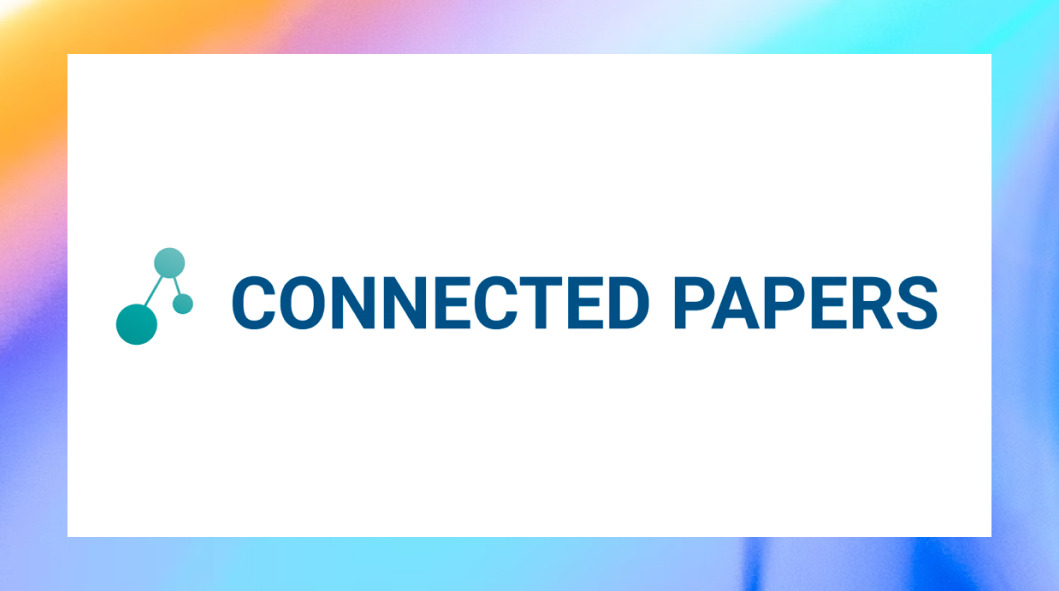
Connected Papers is a helpful tool for researchers to demonstrate how academic papers relate to one another. Instead of doing a standard search, it builds interactive maps that help you see connections.
Key Features of Connected Papers
- Graph Visualization: Upload a research paper and get a visual map of related works. The map shows connections based on citations.
- Prior and Derivative Works: Find the essential records that shaped your area of study and see recent works based on them. It reveals how ideas have transformed over time.
- Search and Filtering: Search for keywords or authors directly in the graph. You can filter results by publication year, citation counts, and other criteria to get the most relevant info.
- Paper Details: Click on any paper in the graph to view details like the abstract, authors, where it was published, and citation count.
Pricing
- Free Plan: 5 graphs/mo with basic features
- Academic Plan: $3/mo (billed yearly) - Unlimited graphs. Best for academics, non-profits, and personal use
- Business Plan: $10/mo (billed yearly) - Unlimited graphs. Ideal for business and industry uses.
Top AI Researcher Tool No.2. Elicit
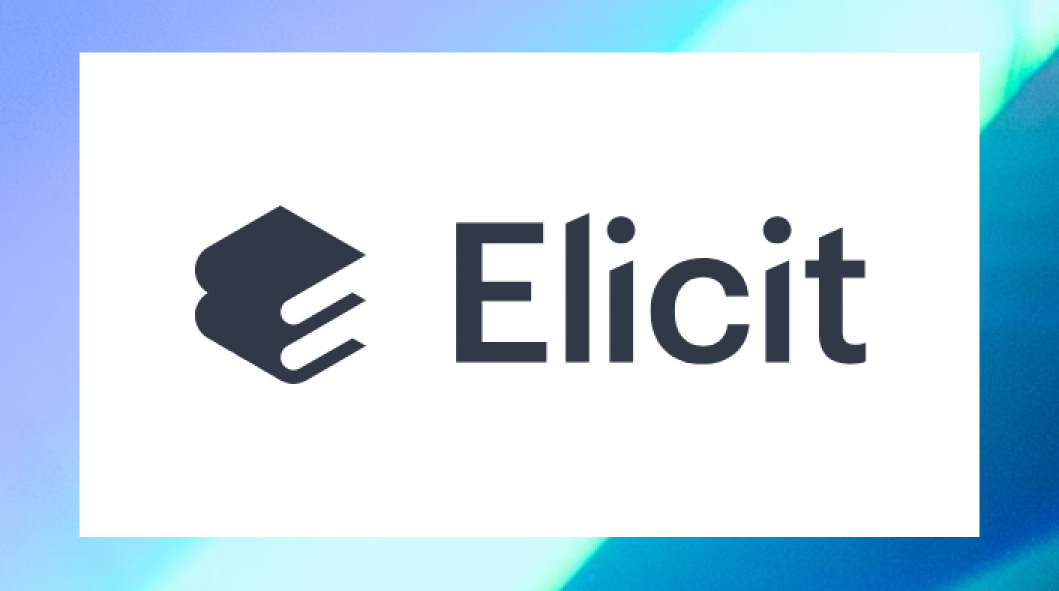
Elicit is another AI tool for researchers to find and analyze academic papers. It connects you to over 125 million scientific articles, helping you extract essential info, summarize findings, and gather data.
Elicit Features
- Semantic Search: It uses natural language processing to grasp what your research questions are all about. Then, it finds relevant papers even if your keywords aren’t spot-on.
- Source Tracking and Verification: See the source of every piece of information, ensuring accuracy effortlessly.
- Automated Summarization: It also creates concise summaries of research papers, highlighting key findings and methods to provide the main ideas.
- Data Extraction: Upload your research papers, and it will pull out crucial points into tables.
- Information Retrieval: Elicit examines the literature and provides clear answers. It’s a great way to explore new topics and get quick overviews.
Pricing of Elicit
- Basic Plan: $0/month - For students doing casual exploration
- Plus Plan: $12/month - For independent researchers doing deeper research
- Pro Plan: $49/month - For professional researchers doing systematic reviews
Top AI Researcher Tool No.3. Consensus
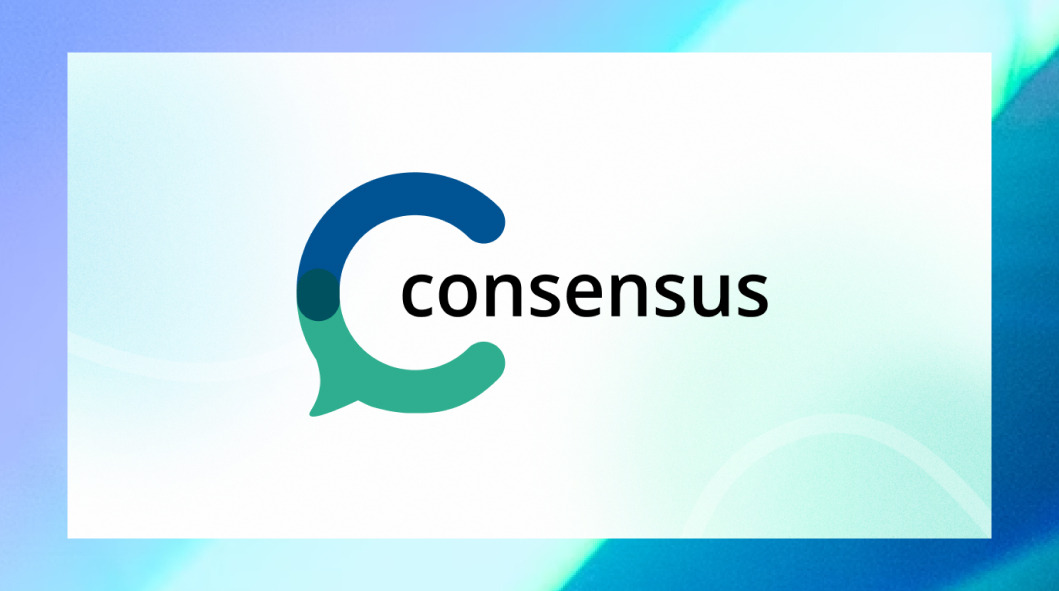
Consensus uses AI to speed up research by analyzing academic papers and providing vital information. Instead of just listing articles like traditional search engines, it gives you direct answers, summaries, and links to resources.
Features of Consensus
- Consensus Meter: It visually shows the level of agreement in research on a topic, making it easy to see where scientists agree or disagree.
- AI-Powered Search: Consensus uses wise algorithms to understand what you’re seeking and delivers relevant research papers.
- Study Snapshot: See the pivotal details of research papers—like sample size and methods—at a glance, helping you decide if they’re worth your time.
- Pro Analysis: It provides detailed insights into research trends and debates by summarizing current knowledge.
- Search Filters: Use various filters to fine-tune your search, such as by study design or publication date, to find the best research quickly.
Consensus Pricing plan
- Free Plan: $0/mo - 20 AI credits/month for premium features - for those just getting started
- Premium Plan: $8.99/mo - For those who want unlimited access to advanced features
- Teams Plan: $9.99/user/mo - All Premium features, discounts, account management, centralized billing, API access, and more - for small teams and research organizations
Top AI Researcher Tool No.4. Julius
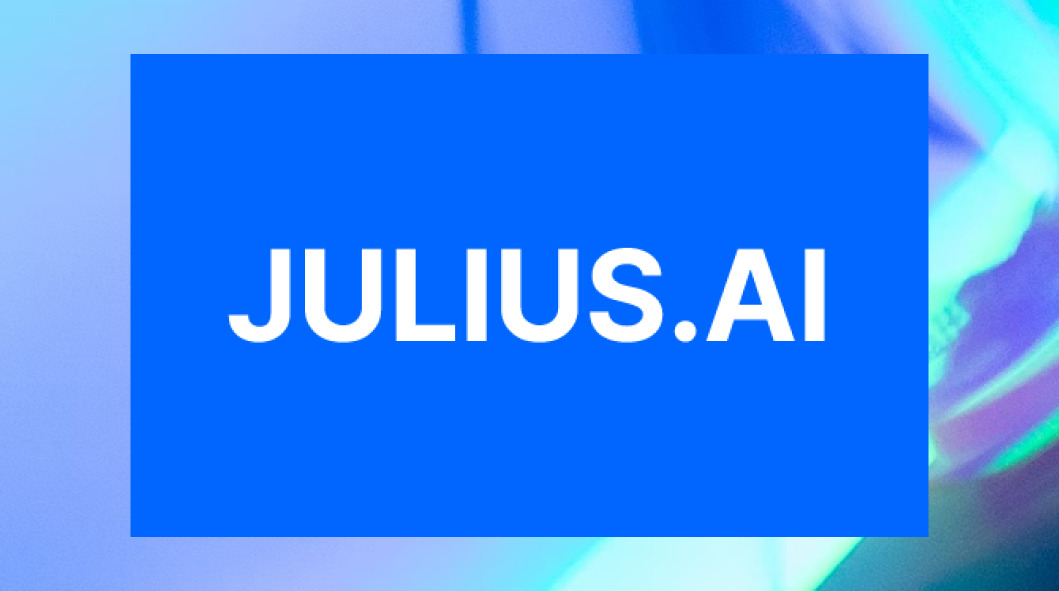
Julius automates data analysis and literature reviews for researchers. You can analyze data without coding skills and extract insights from research papers. It also supports creating visuals to share your findings and streamline the analysis process.
Julius Key Features
- Data Analysis: Upload your data in CSV or Excel format, and it runs through statistical analyses like averages, t-tests, ANOVA, and regression.
- Research Summarization: For research papers, upload them as PDFs to get concise summaries.
- Visualization: Julius can create a range of charts and graphs. Bar charts, scatter plots, and heat maps are all available.
- Literature Review Generation: It automates creating a literature review by using the papers you select.
- Qualitative Coding: For qualitative analysis, Julius codes interview transcripts and open-ended survey responses. It identifies themes and patterns, simplifying your work with the text.
Pricing of Julius
- Basic: $20/month – 250 messages/month, access to advanced AI and custom settings
- Essential: $45/month – Unlimited messages, long conversations, enhanced AI
- Pro: $60/month – All Essential features plus premium support and direct contact with the CEO
Top AI Researcher Tool No.5. Scholarcy
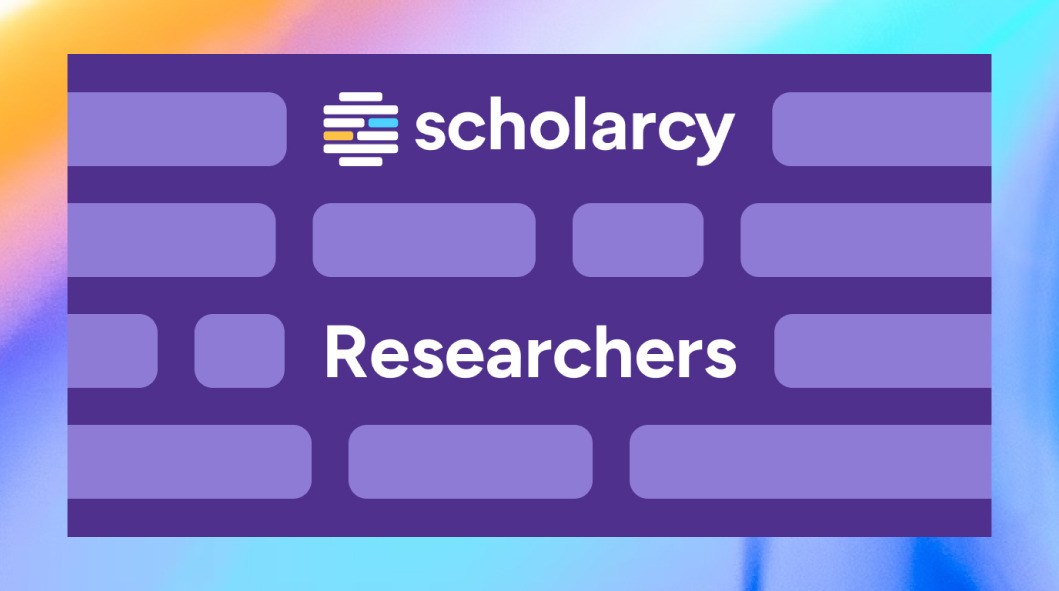
Scholarcy is an AI research tool that helps you quickly get a handle on academic papers. It provides summaries, insights into research quality, and comparisons with other studies.
ScholarcyKey Features
- Interactive Summary Flashcards: It turns research papers into interactive flashcards summarizing goals, methods, findings, and conclusions.
- Research Quality Indicators: The platform evaluates papers with a Quality Indicator score based on methodology, citations, and biases.
- Literature Synthesis Matrix: This creates a matrix comparing multiple studies, detailing findings, methodologies, and demographics for literature reviews.
- Study Comparisons: It compares the current paper with related studies to identify advancements and knowledge gaps.
- Citation Analysis: This tool analyzes and summarizes the paper’s citations, allowing you to explore related research.
Scholarcy Pricing
- Free: 3 summaries/day - Import files, export flashcards
- Plus: $4.99/month - Unlimited summaries, save, organize flashcards, take notes, export up to 100 flashcards, Literature Matrix, bibliographies
Top AI Researcher Tool No.6. Semantic Scholar

Semantic Scholar uses AI to organize academic papers for research. This helps researchers find relevant studies quickly, discover essential citations, and stay updated in their areas of interest.
Semantic Scholar Features
- Smart Search: Its AI-powered search finds relevant papers, going beyond simple keyword matching.
- Quick Summaries: Access TLDRs (short summaries) for millions of articles, quickly grasping the main goals and findings.
- Key Citations: Its machine-learning model identifies and highlights the most influential citations for your work.
- Custom Feeds: Personalize feeds to stay updated on new papers in your field without manual searching.
- Q&A Feature: Ask any question about a paper, and the AI will give you answers, citing the relevant parts of the text.
Pricing
- Free of cost
Top AI Researcher Tool No.7. Paperguide
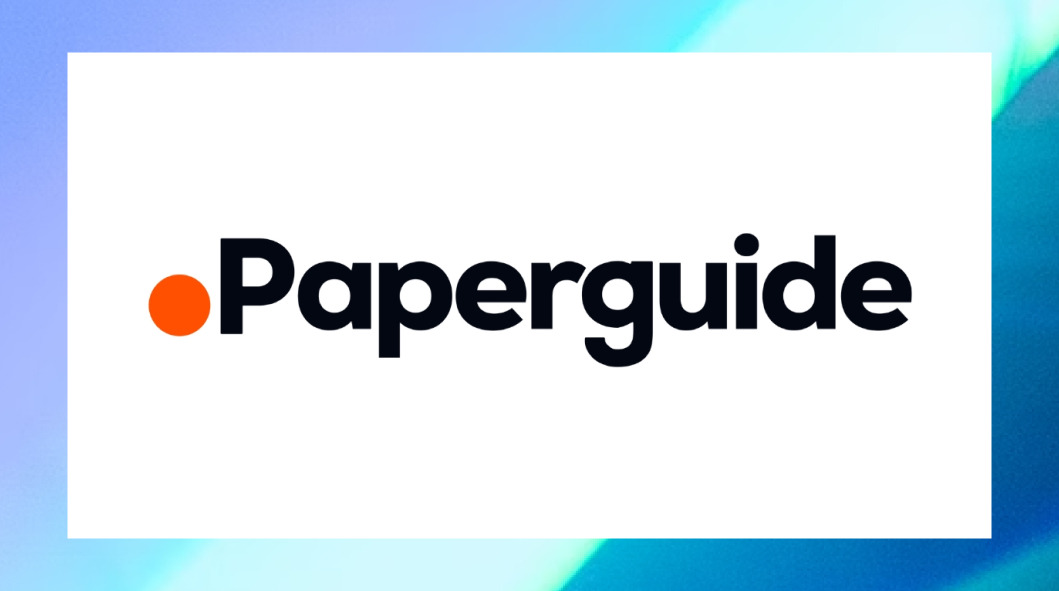
If you’re juggling research, Paperguide can lighten the load. It combines the features of an AI assistant, a reference manager, and a writing tool. It guides you through everything from finding papers to citing them properly.
Paperguide Features
- AI-Powered Search: Find relevant information in open-access papers and your library by queries or keywords.
- Chat with PDF: Have hands-on interactives on your uploaded papers with an AI chatbot to understand complex topics.
- AI-Powered Annotations: Effortlessly annotate and take notes directly on research papers to capture essential ideas and concepts in real time.
- Reference Management: Organize your references easily—use folders, add labels, and import from various sources. Create precise citations in APA, MLA, and other styles instantly.
- Instant Summaries: Turn long papers into short summaries to spotlight results.
Pricing
- Free Plan: 10 AI generations/day, 500MB storage with basic research assistant features
- Starter Plan: $9.00/month - Unlimited AI generations, 10GB storage and enhanced research assistant features
- Advanced Plan: $16.00/month, All Starter features with additional advanced features
Top AI Researcher Tool No.8. Scite

Scite doesn’t stop at citation counts. It digs deeper, showing if a paper is supported, challenged, or referenced casually. This helps you see its actual influence in the research community.
Scite Features
- Smart Citations: It examines how other papers support or oppose a study, making it easier to assess its validity.
- Interactive Dashboards: The visual tools let you track trends, find key papers, and understand research clusters.
- Citation Statements: Scite gathers sentences that cite a study, providing insight into how it’s being used.
- Assistant: This AI tool helps you find related papers, summarize them, and get quick answers to your research queries.
Pricing
- Monthly: $15.27/month - Unlimited chats, searches, reference checks, dashboards, citation alerts
- Yearly: $9.16/month (billed annually) - All Monthly features
- Enterprise: Custom pricing - All features, centralized billing, dedicated support
Which One Should You Choose
| Connected Papers | Elicit | Consensus | Julius | Scholarcy | Semantic Scholar | Paperguide | Scite | |
| Primary Function | Visualizing research connections | Finding and analyzing research papers | Answering research questions with AI | Automating data analysis and literature reviews | Summarizing and evaluating research papers | Organizing and understanding research papers | Managing and writing research | Analyzing citation context |
| Key AI Features | Graph visualization, prior/derivative works | Semantic search, source tracking, summarization | Consensus meter, AI-powered search, study snapshot | Data analysis, summarization, visualization | Interactive summaries, quality indicators, comparison matrix | Smart search, quick summaries, key citations | AI-powered search, chat with PDF, annotations | Smart citations, interactive dashboards |
| Best For | Exploring research fields, identifying key papers | Extracting insights from research papers, data analysis | Getting quick answers to research questions | Analyzing data, summarizing papers, creating visualizations | Quickly understanding and evaluating research papers | Finding relevant papers, staying updated on research | Managing references, writing research, collaborating | Understanding citation context, assessing research validity |
| Pricing (starting) | Free | Free | Free | $20/month | Free | Free | Free | $15.27/month |
Using these AI tools, you can connect studies, analyze data, and get a quick summary of key findings. Each tool shines in different areas, so match them to your needs.
Many tools come with free trials—test them to find what fits your style. The right choice can free up your time to focus on things requiring your attention, like creative analysis.
References

